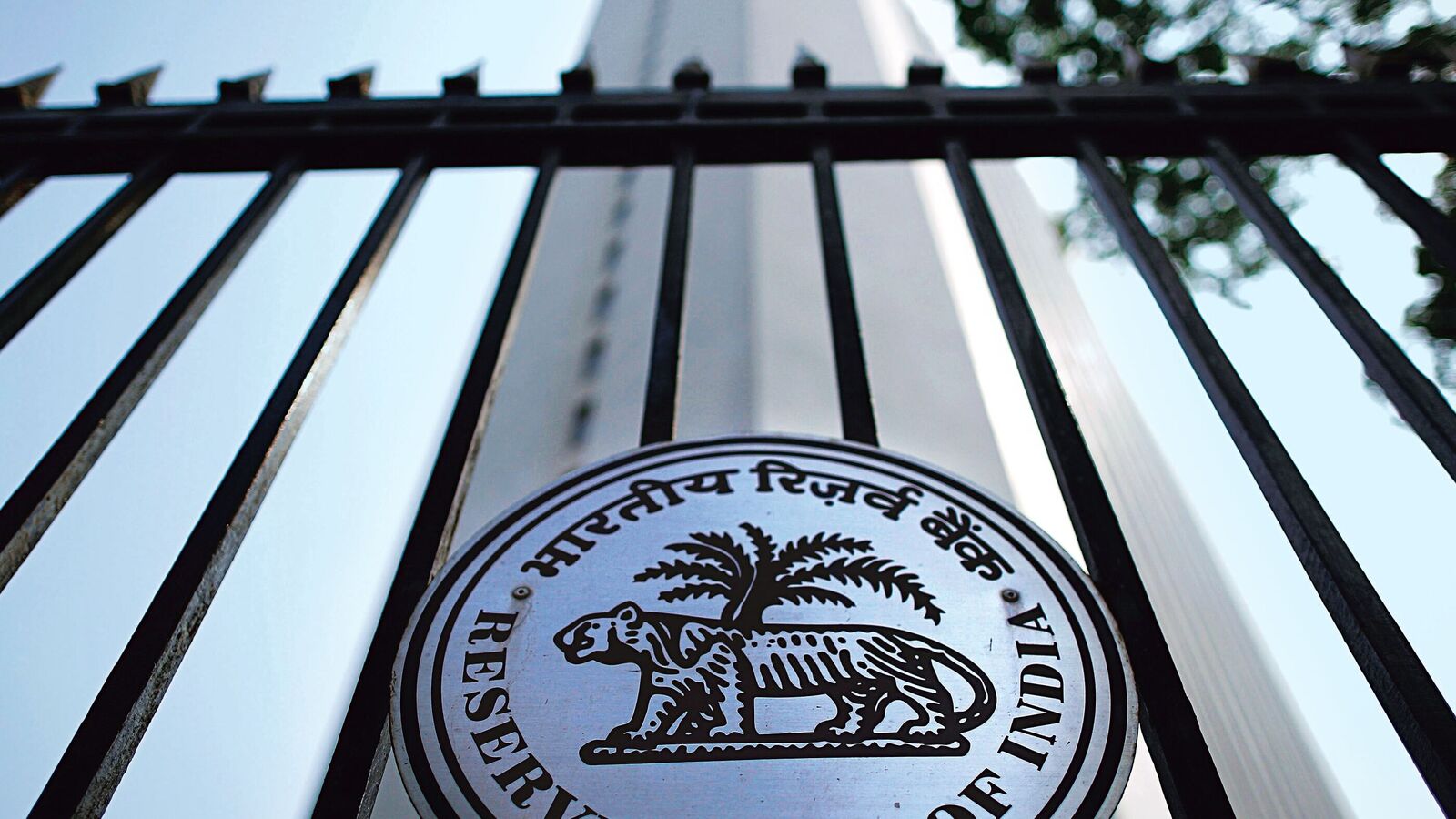A central bank decision to ease the bad loan settlement process loans of up to ₹1 crore by asset reconstruction companies has come as a relief for these firms scrambling to secure multiple approvals under the erstwhile guidelines.
Given that many of these turnaround companies have started to buy more bad loans in retail and micro finance portfolios, the revised regulations would mean faster resolution of stress, experts said. Settlement is a process of bad debt resolution that allows lenders or asset reconstruction companies to close the account once and for all against a lump-sum payment or in parts.
Asset reconstruction companies are seeing a spike in the sale of bad debt in the unsecured retail loan portfolios of banks and non-banks, Mint reported on 6 December. Reports by the Business Standard also pointed out how lenders like IndusInd Bank, Ujjivan Small Finance Bank, and Utkarsh Small Finance Bank are looking to sell stressed microloans.
Streamlined process to boost bad loan resolution
Meanwhile, the primary points of difference between the old regulations from October 2022 and the revised one is around the approval process for settlement of loans. The one from 2022 said that a settlement with the borrower would require the proposal to be looked into by an independent advisory committee comprising professionals with technical, finance or legal background. Following the recommendations of this committee, the proposal would then go to the ARC’s board, which, including at least two independent directors, would look at the settlement plan and approve it if it thinks settlement is the best option available.
The new guideline has introduced different settlement pathways for bad loans of different sizes, an approach unavailable under the old circular. For loans of up to ₹1 crore, settlements would happen as per the board-approved policy, with riders. These include that any official who was part of the acquisition of the bad loan cannot be part of approving the settlement of the same loan. In case of loans above ₹1 crore, while the independent committee will have to take a look, the proposal can be finally approved by a committee of the board, instead of the whole board.
“The revised circular is a timely one. The flow of retail and microfinance bad loans to ARCs has accelerated in the past year or so and this circular would allow for quicker resolution of small loans through settlements,” said Hari Hara Mishra, chief executive of the Association of Asset Reconstruction Companies.
Mishra said that settlements are one of the most effective ways to resolve bad debt, not just for ARCs but for lenders too since it comes at a lower cost compared to other methods like sale of assets, restructuring, as these lead to long-drawn legal processes. As on 31 March 2024, 14.2% of all outstanding security receipts were against retail loans, slightly higher than 14.1% in the same period the previous year, according to data from the association cited earlier.
The association, he said, has been requesting RBI to take a relook at the original circular issued in 2022 and the changes would give a boost to ARC sales as they would now be keener to acquire bad debt.
Industry executives said that most ARCs already have a four-tiered structure for approval of resolution plans depending on the size of the bad loan, not limited to settlements. These are the resolution approval committee that comprises lower and mid management executives; the committee of executives that has senior management; the executive committee which has some board members; and the board.
“Without the threshold (of ₹1 crore), the whole settlement exercise sometimes becomes impractical,” said Pallav Mohapatra, chief executive officer and managing director of asset reconstruction company Arcil. “Following this, most of the retail loans that come up for settlement can be resolved without going through the independent advisory committee.”
According to Mohapatra, the change in regulation also means that all proposals above ₹1 crore do not have to be taken to the entire board but a committee of the board can look into it, allowing quicker resolution.
Others said that RBI’s move streamlines the resolution process, especially for smaller loans, which had previously been hindered by lengthy and complex procedures. Kunal Shah, group chief financial officer and chief executive, Retail Solutions at TruBoard Partners, an asset life cycle management platform, said the policy update has the potential to improve recovery efficiencies, boost the confidence of lenders, and optimize the value for all stakeholders involved in NPA resolution.
“By introducing a differentiation based on ticket size, the circular addresses a key gap in the earlier guidelines, enabling ARCs to better manage smaller NPAs,” said Shah.
RBI,bad debt,bad loan settlement,IndusInd Bank,Ujjivan Small Finance Bank,Utkarsh Small Finance Bank,retail loans,microfinance loans,TruBoard Partners,asset life cycle management,NPAs
#RBIs #bad #debt #settlement #norms #enthuse #stressed #asset #buyers


